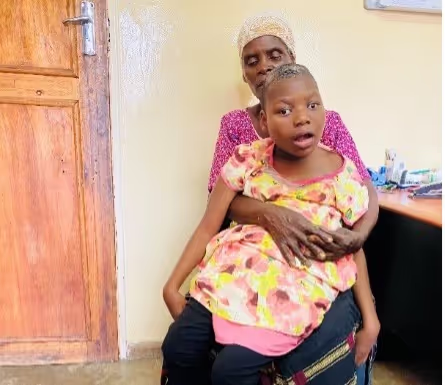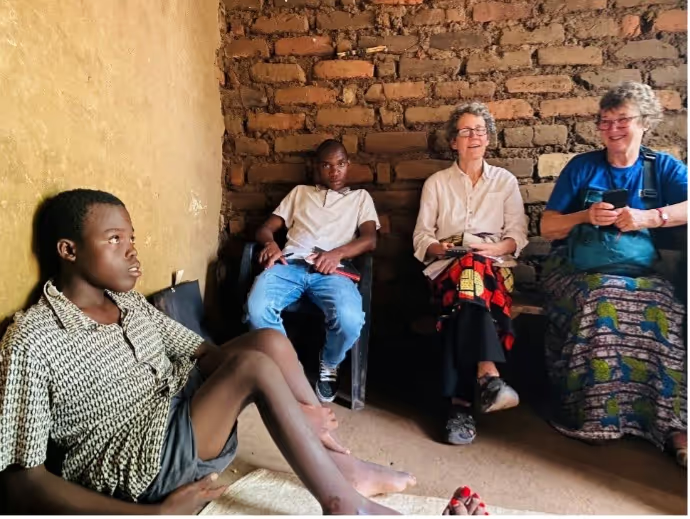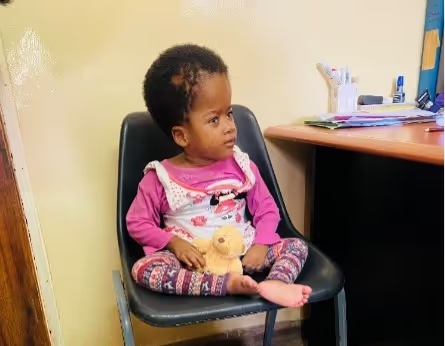Between Medicine and Belief: Navigating Cultural Barriers in End-of-Life Care for a Child
July 22, 2025
5
min read

JC was a 9-year-old boy, the youngest in a family of four, who presented with a large swelling on his upper right arm. Medical investigations revealed that he had late-stage Rhabdomyosarcoma, a rare and aggressive form of cancer. Due to the advanced nature of the disease, the healthcare team provided counseling to JC and his stepfather before discharging him under total palliative care.
A follow-up visit two weeks later revealed a complicated family situation. JC and his family were found at the chief's house, embroiled in a dispute. JC’s mother, the second wife in a polygamous household, firmly believed that the first wife and her aunt had bewitched her son out of jealousy. This highlighted how deeply cultural beliefs were shaping the family’s interpretation of the illness.
Attempts to continue care were hindered by privacy concerns and the family's constant movement. During one visit, JC and his guardian were absent—neighbors indicated they had gone for prayers, though there was suspicion of a visit to a traditional herbalist. On a subsequent visit, JC was found in severe pain, and the swelling on his arm had ruptured.
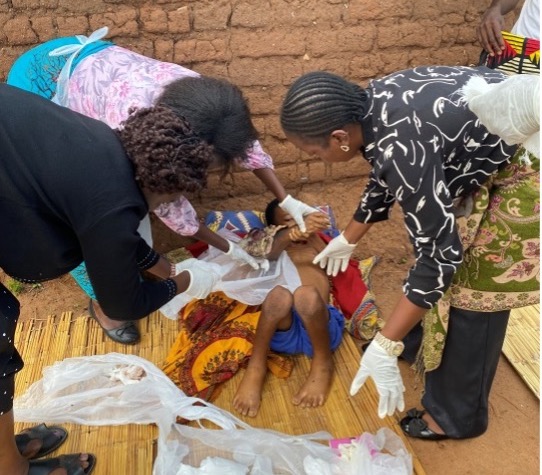
The healthcare team provided urgent pain management and wound care. A family meeting was conducted to offer end-of-life counseling. During this session, JC’s mother revealed suicidal thoughts, prompting immediate psychosocial support.
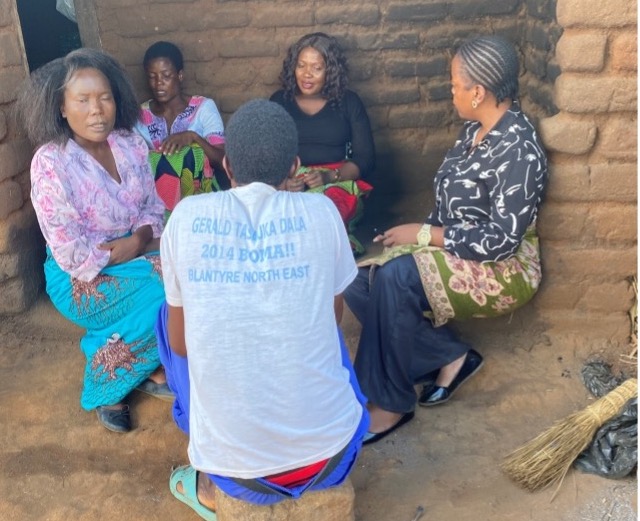
Sadly, JC passed away four days later. A bereavement visit was conducted two weeks after his death.
This case underscores significant gaps in pediatric palliative care in Malawi. There is a lack of continuity of care, especially at lower-level health centers, due to insufficient trained personnel, limited transportation, and weak health infrastructure. These constraints hinder timely follow-up, home visits, and comprehensive monitoring of both patient and caregiver well-being. Furthermore, the absence of structured systems to address cultural beliefs and family dynamics often disrupts care.
Key Lessons
1. Cultural Beliefs and Family Conflicts: Even with appropriate medical and palliative care, cultural beliefs and family disputes can hinder effective care.
2. Importance of Consistent Follow-up: Regular follow-up visits are essential in palliative care as they help healthcare providers understand the evolving needs of both the patient and family.
3. Need for Advocacy and System Integration: There is a pressing need to advocate for children’s palliative care across all levels of the healthcare system.
This includes:
· Training healthcare workers in palliative care.
· Establishing community outreach programs.
· Educating families to reduce stigma and correct cultural misconceptions.





